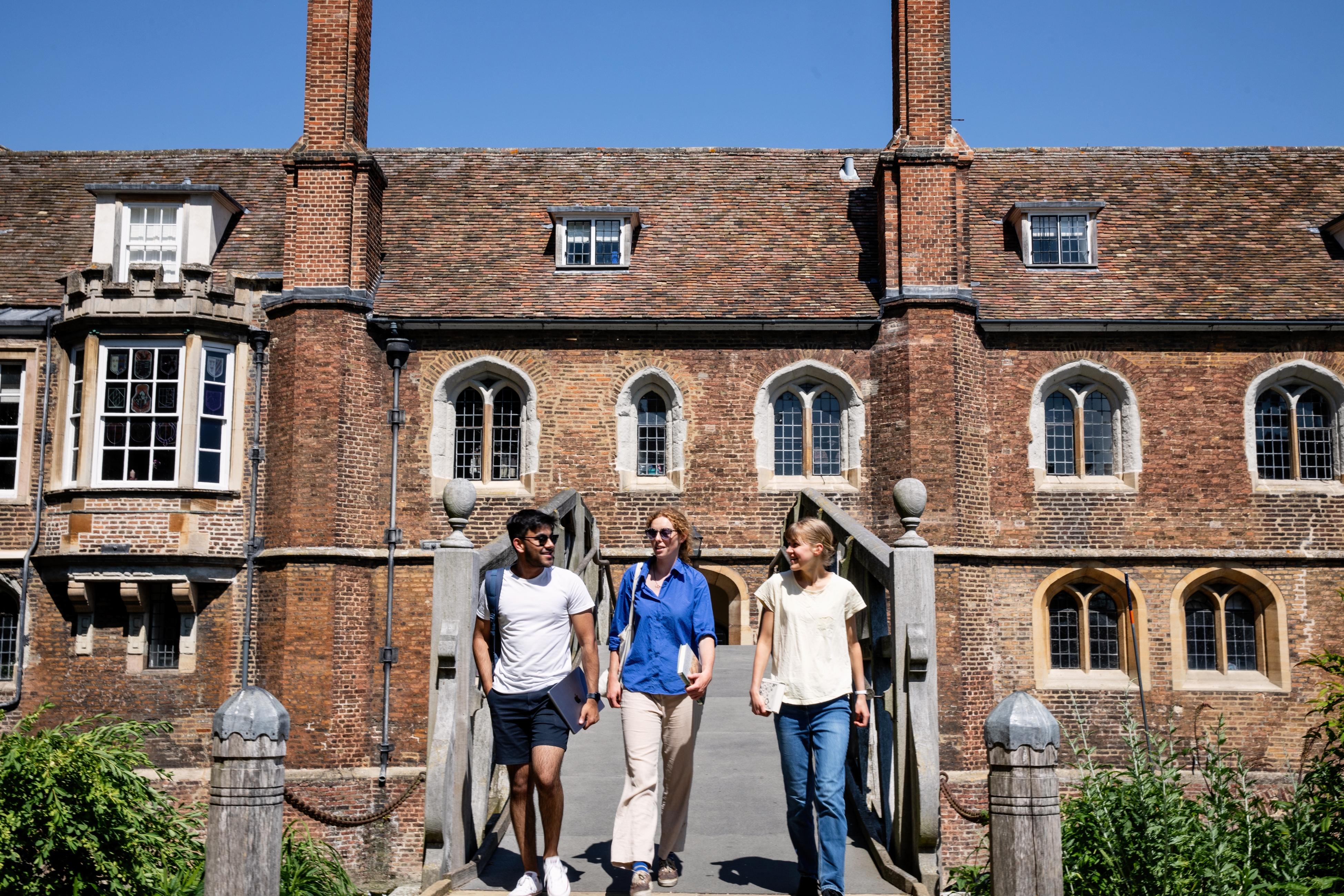Why Cambridge?
Cambridge is where Newton redefined physics, Darwin transformed evolutionary biology, Crick and Watson unveiled DNA, and Hawking explored the universe. The Natural Sciences at Cambridge are steeped in discoveries that changed the textbooks. Earth Sciences has played a leading role for centuries. In the 19th century, Adam Sedgwick defined the Cambrian period and taught Darwin geology. In the 1960s, Dan McKenzie pioneered the theory of plate tectonics, revolutionising how we see the Earth. In the 1970s, Nick Shackleton proved that Earth’s ice ages are driven by orbital cycles, laying the foundation of modern climate science. At present, faculty in Earth Sciences are involved in wide-ranging questions, fundamental ones from paleobiology to exoplanets, and ones related to applications in natural hazards, climate change, energy transition, and future resource challenges. People are involved in exciting missions, for example drilling to the 1,5-million-year-old ice in Antarctica or sending the Perseverance rover to Mars. As a master’s student, you get to make your own contribution to science in the department.
You can learn more about the department at esc.cam.ac.uk.


Studying Earth Sciences at Cambridge isn’t just about lectures and research, it also offers being part of a friendly and collaborative department. Students describe Earth Sciences as a supportive department, where the faculty are approachable. Students run the Sedgwick Club, founded in 1880 and the oldest geological society in the world. The club organises a series of talks by leading scientists as well as a range of social events, including ceilidhs, board games, and garden parties.
As a master’s student in Cambridge, you will not only belong to the department in Earth Sciences, but also belong to one of the many colleges. Your college will provide you a community where you live, eat, and socialise. Here, you will connect with students from many departments. A college will also provide (help with) accommodation and provide mentoring and pastoral support. Some will also offer scholarships or travel grants.





